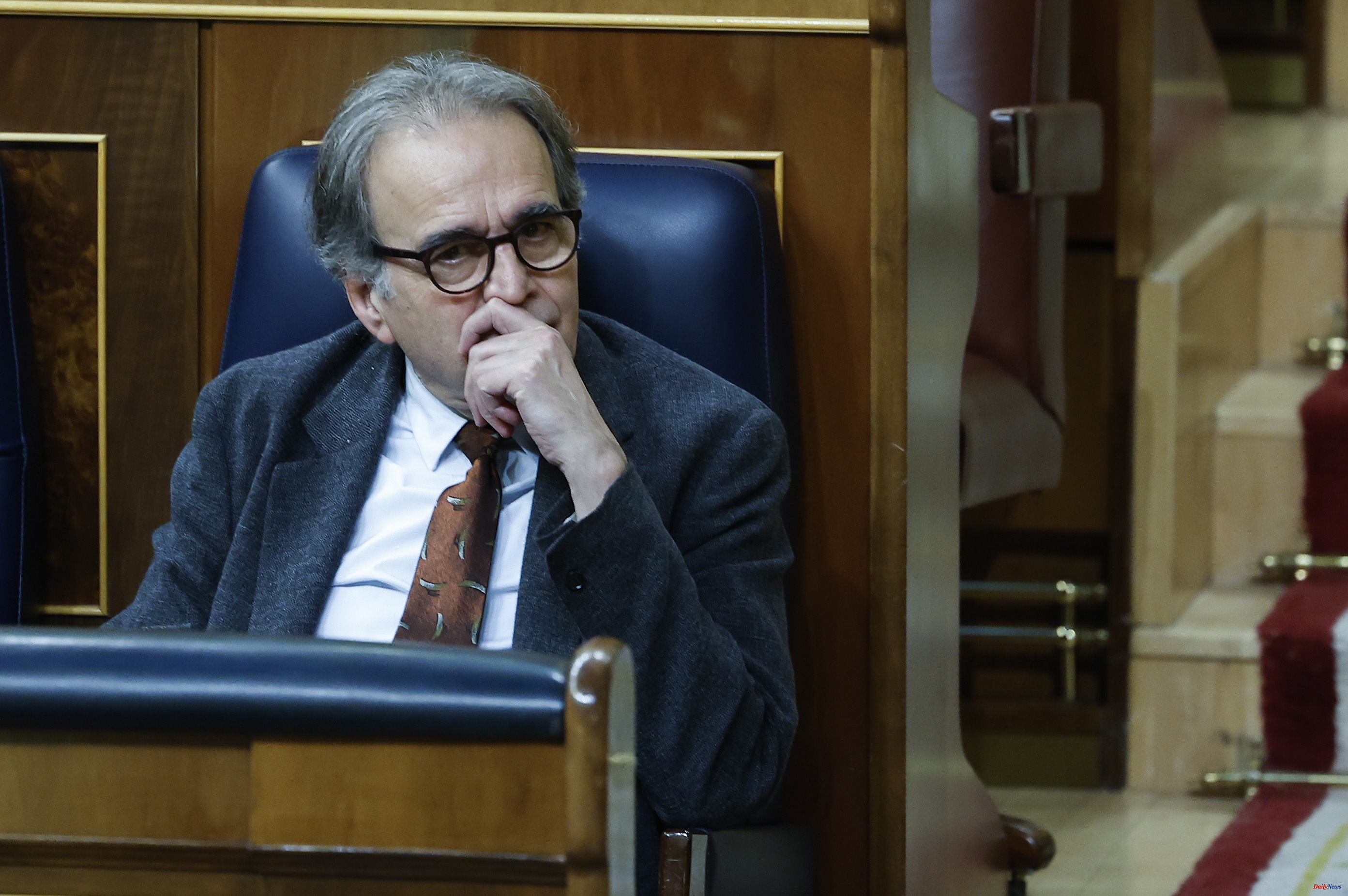The project for the Organic Law of the University System (Losu) will have to return to Congress after the approval of the Senate on the 22nd because the parties have agreed to incorporate at least four amendments to give more guarantees in the application of the norm. As the senators acknowledge, the current text gives rise to a "legal loophole" which, if not corrected, could leave the stabilization and promotion processes of thousands of teachers in limbo. The Socialist Group is negotiating a transitional regime that does not stop competitions for access to teaching and research staff positions while the transition from one law to another takes place.
The rectors of several universities have warned politicians that the Losu, in its current wording, would mean "a delay" in the hiring and consolidation of various professional figures. Because? Because, as the law does not establish a transitory regime of application regarding the competitions to summon places, the campuses will not be able to remove them until they have adapted their statutes and the CCAAs have approved their regulatory developments to incorporate the changes to the norm.
One of the novelties of Losu is that the figure of contracted doctor disappears and is replaced by that of permanent labor professor. «The deadlines set by the norm say that it is approved and enters into force and that it is no longer possible to obtain contracted doctor places because the figure is extinguished, which leads to the fact that the assistant doctors [the lower category] accredited to contracted doctor are remain on the street when their contract is up and until they get places again," explains Ramón Caballero, head of Universities for the Csif union, who has also warned the parties that "a blockade" may occur if it is not established the moratorium.
Those professors hired with doctors accredited to tenured professors and those tenured professors accredited to full professors would also remain in limbo, who will not be able to improve their professional situation because the universities will not open new places until the statutes are modified and the regional regulations are changed in a year where, in addition, the new legal texts could be delayed because there are regional elections. Thousands of teachers would be in this situation, according to Caballero.
To solve this problem detected at the last minute, the Socialist Group registered an amendment that allows calls "published before the end of the 2022-2023 academic year" to be governed by the old regulations. That is to say, all the places that are taken before June may be governed by the criteria of the Lou of 2001 and it will not be necessary for them to adapt to the new law.
What happens is that this period falls short, because between the approval of the law and the expiration of this moratorium, the campuses will have only three months to spare. So the socialist senators have no objection to self-amend and extend the transitional phase until December 31, 2023.
Other parties have also proposed amendments in this regard. The one from ERC proposes extending the transitional phase until December 31, 2024. Those from the PP, for their part, give universities two years to continue hiring under the figure of contracted professor with a doctorate in the terms of the previous regulations and allow them to continue Calling competitions for the positions of the university teaching bodies that are budgeted while new statutes are not approved.
The report of the presentation was approved yesterday in the Senate Universities Commission with 16 votes in favor, 14 against and zero abstentions after rejecting the veto proposals presented by the PP and Vox. The PSOE and the PP agreed to an amendment that was incorporated into the report of the presentation to correct another error, since Losu had forgotten to include indefinite collaborating professors (extinguished in 2007) within the figures that, in order to be accredited, will not have They must have carried out mobility stays in universities other than the one where they presented the thesis.
According to the criteria of The Trust Project












